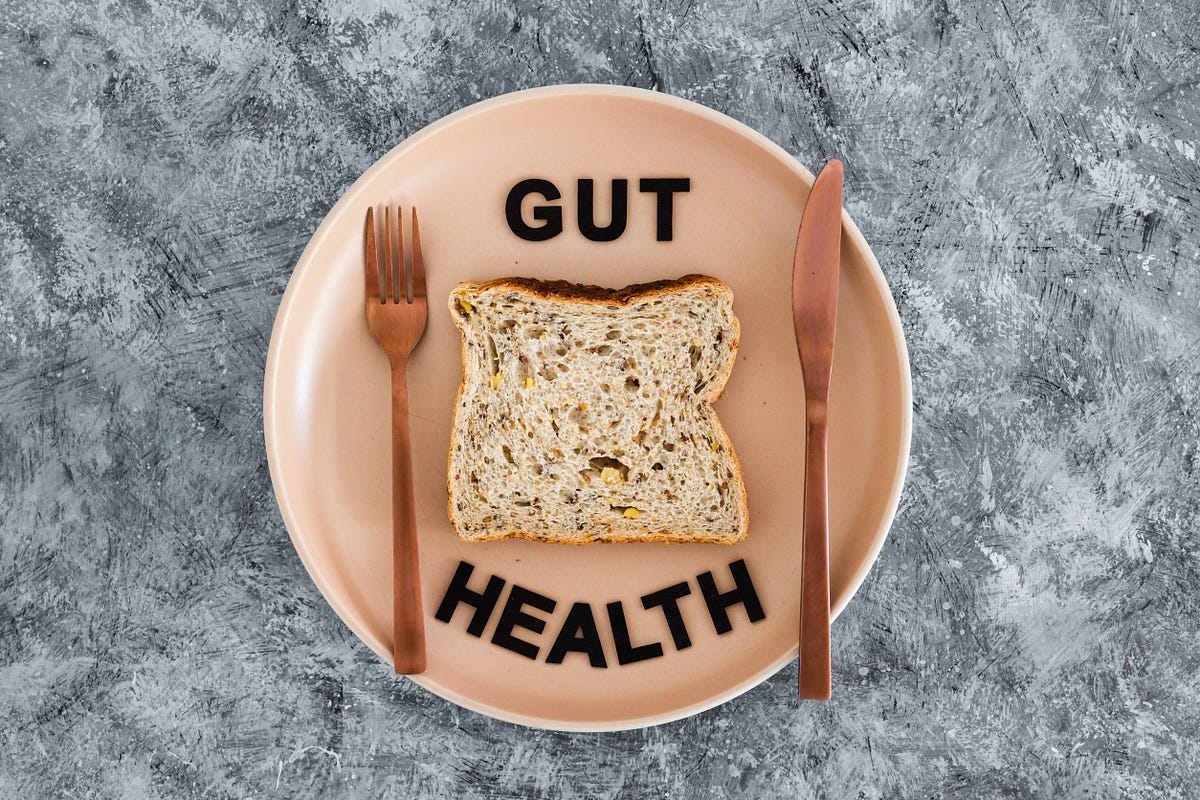Our Quality of Life and Brain Development Reside in Our Gut

Genetics and our environment are now taking a back seat to what appears to hold sway over our mental health and our intellect, and it’s in our gut.
Research over many decades has been vigilantly trying to parse out what makes us who we are, how we feel, and what forges our intelligence, and now they seem to have found the key—our gut health.
No, it’s not as simple as eating “an apple a day,” but the correct route to health and happiness and what lies in our body’s internal workings make all the difference, with diet being the premier force. Naturing this font of health is now becoming one area of medicine, assuming new importance. Some are saying it’s the future of medicine and medical prescribing. It seems that every week, a discovery is made about our gut and its incredible involvement in all aspects of our lives.
Individuals with social anxiety are reported to be more likely to be bullied, more likely to drop out of school early, and more likely to have inferior credentials, fewer friends, more likely to be divorced, less likely to get married, and have fewer children. They also report higher rates of tardiness and lower performance in the workplace. Overall, it is pervasive and depletes the joy from their lives—joy that might be more easily managed, according to new research.
An interesting question was posed regarding social anxiety disorder and how it might be treated. As we know, it can be a mentally disabling condition that rules people’s lives, and while 12 percent of US adults have it, and it disproportionately affects young persons. Simply put, what’s the best treatment?
Usually, cognitive behavioral therapy and, if needed, medication would enable people with this disorder to return to a better form of functioning. But now, new research is pointing in a direction no one has ever thought of, and it’s something everyone can do on their own—adjust their diet.
A growing body of research has shown that microbes in the gut can influence the brain and vice versa. Scientists have previously discovered that the gut microbiome, or the collection of bacteria and other organisms that live in the gastrointestinal system, differs for people with social anxiety disorder (SAD) compared to healthy individuals.
The majority of the time, SAD manifests itself in childhood or adolescence, and it often has a lasting effect, resulting in significant functional disability and a decreased quality of life. The available pharmacological treatments for SAD are few and may frequently be ineffective, and new models are required to comprehend the underlying etiology and treatment targets.
Through the use of animal models and human studies involving microbiome evaluation following ASD presentation, the potential relationship between gut bacteria and autism spectrum disorder (ASD) has been investigated. In another study, when samples of the gut microbiome of people with ASD were placed into the guts of mice, the animals began to show ASD responses not seen prior to the experiment.
Could ASD be related to the diet during pregnancy and the gut microbiome? It is an interesting area of research that could be vital in preventing this disorder and freeing children and their families from its resultant symptoms.
The research could lead to early detection of developmental issues and interventions, potentially mitigating long-term cognitive challenges; it also highlights the importance of gut health in early childhood, suggesting dietary and lifestyle considerations for parents and healthcare providers. These findings pave the way for the development of biomarkers for neurocognition and brain development.
Dietary disturbances throughout pregnancy and the first few months after delivery may have an effect on the gut microbiota’s colonization during this time, which may have an impact on the infant’s health and perhaps have long-term effects. The relationship between gut microbial ecology and large-scale brain networks has been the focus of recent brain imaging research. This knowledge will aid in understanding the impact of the microbiome on brain function and may help identify several mediators of the gut-brain.
Research will continue to reveal extraordinary relationships with our gut, our diet, the medications we take, and our overall mental and physical health, as well as intellectual functioning and disorders like ASD.
source http://www.expertclick.com/NewsRelease/Our-Quality-of-Life-and-Brain-Development-Reside-in-Our-Gut,2023301351.aspx
Comments
Post a Comment